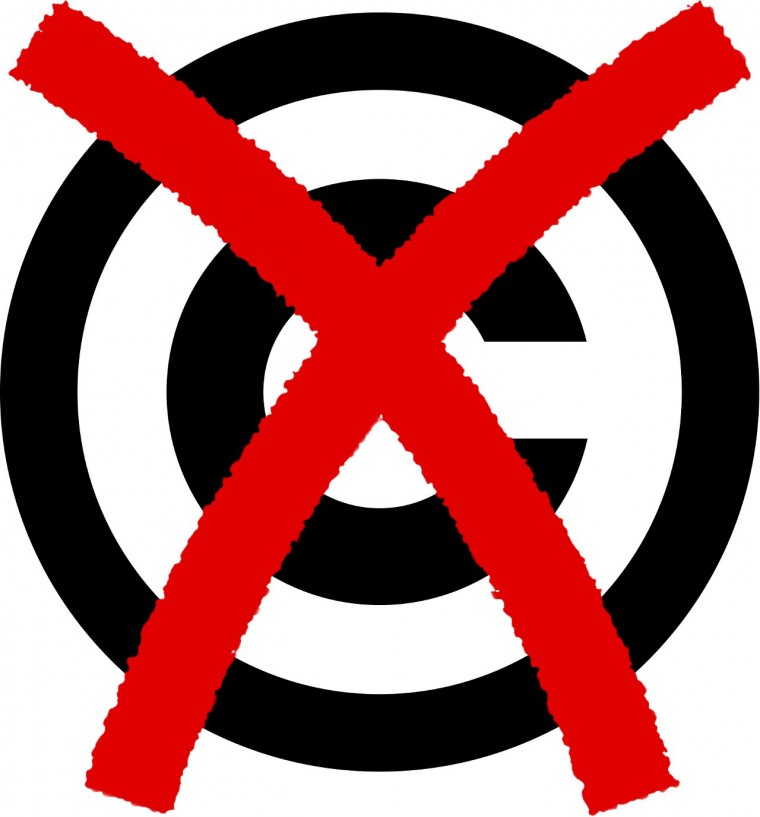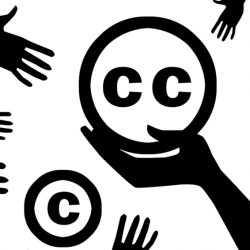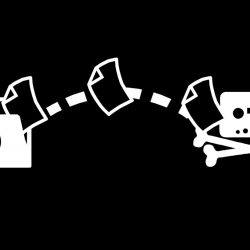HISTORY OF COPYRIGHT
The first copyright law was invented in response to then new technology of book-printing to provide both book authors and publishers with the right to make copies and distribute their works (Copy Rights and Wrongs, 2012).
The developments of communication channels and technological improvements lead to the growth in the number of low-quality falsified copies all over the world. Therefore, the next step in copyright law history was the Berne Convention that set out a framework for international copyright in 1886 (WIPO, 2016).
The developments of the Berne Convention led to the establishment of The World Intellectual Property Organisation (WIPO) in 1967.
October 28, 1998 was the day of signing The Digital Millenium Copyright Act that 'criminalizes production and dissemination of technology, devices, or services intended to circumvent measures that control access to copyrighted works' (Wesleyan University, 2016).
-
70 YEARS+
35 countries in the world that have a term of life plus 70 years
-
PIRACY
70% online users find nothing wrong in online piracy
-
Complex rules
73% of UK Users are never quite sure what is legal and illegal under copyright law
-
EXCEPTIONS IN EUROPE
A 2010 study found that industries relying on exceptions represent Euro 1.1 trillion, or 9.3 percent of the EU’s GDP.
COPYRIGHT ALTERNATIVES

Creative Commons

Copyleft

Open Source










